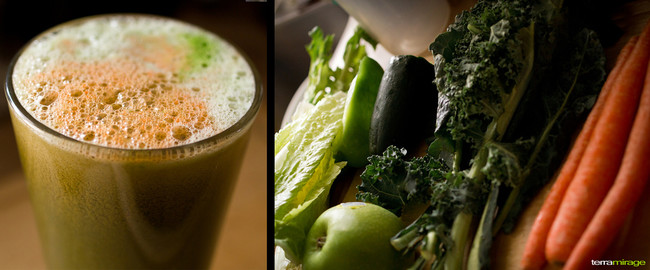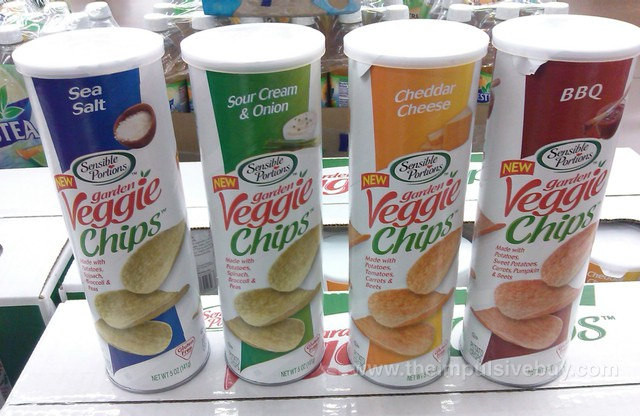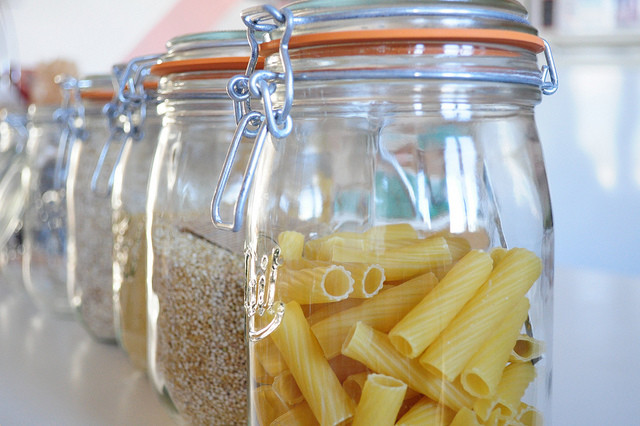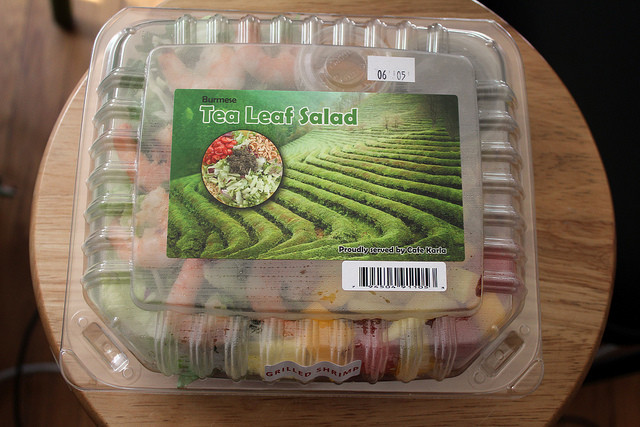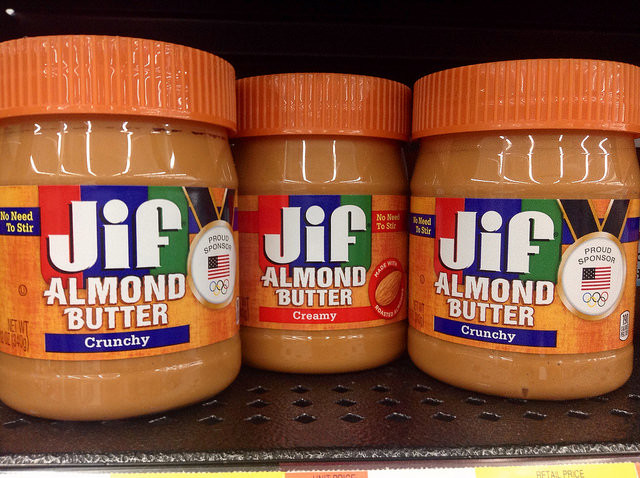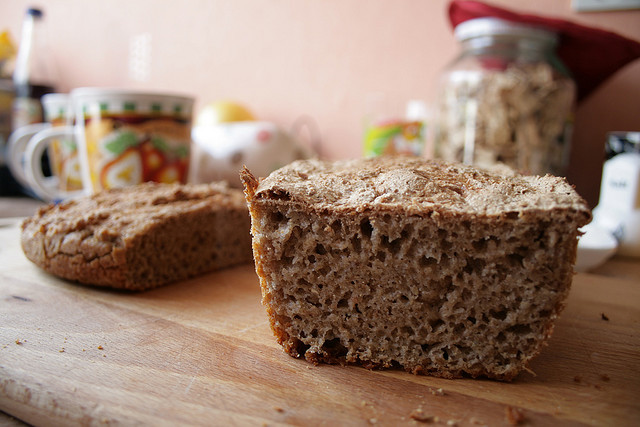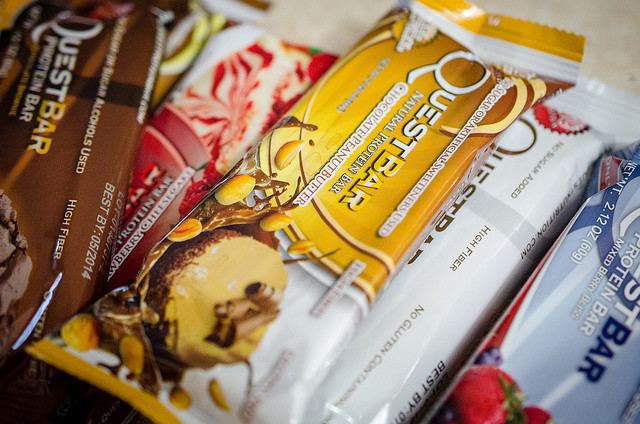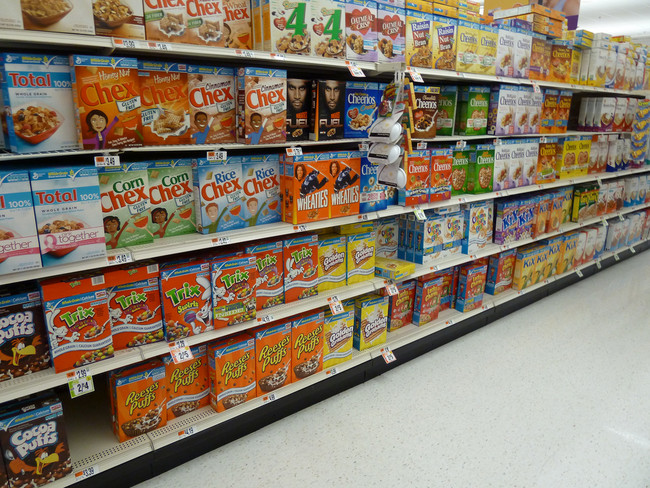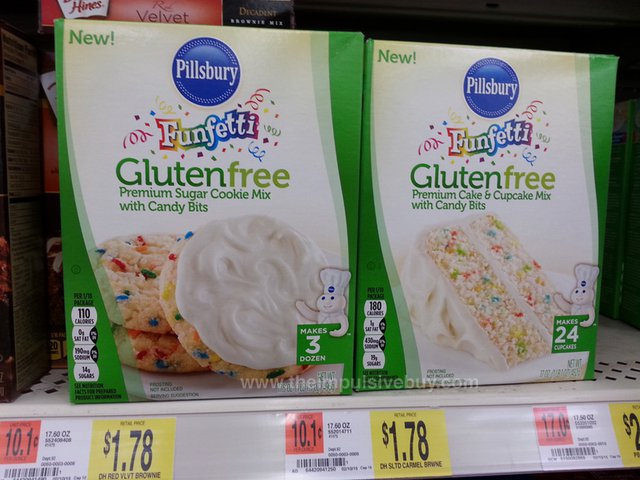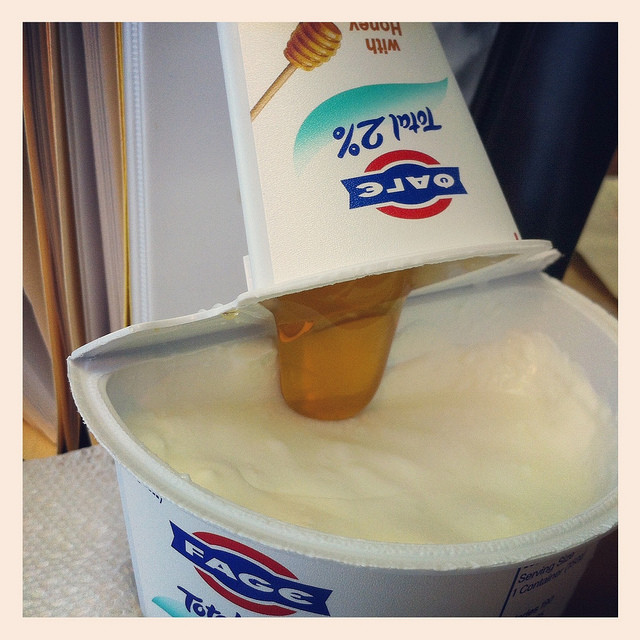Committing to a healthy lifestyle is a wonderful choice for anyone…but before you stock up at Whole Foods, you should do your research. There are many fads (and ads) that will trick you into consuming “healthy” foods that, in reality, aren’t that good for you.
Here are 10 foods that most people consider to be healthy options…but aren’t.
1. Fruit & vegetable juices
Although most juices contain healthy nutrients like vitamins, minerals, and antioxidants, they also contain a lot of sugar. (Even green juices!) Not only that, but you’re missing out on ALL of the fiber that vegetables provide. Eating your veggies is always a good idea.
2. Veggie chips
Unless you’re slicing up sweet potatoes and baking them in your oven to make “chips”…odds are, your veggie chips contain just as much sodium and fat as normal potato chips at the store.
3. Quinoa pasta
Actual quinoa is fantastic for you — it has less carbs and sugar than any pasta. But if you’re buying quinoa pasta, check to make sure it contains quinoa flour. Anything else and you’re just eating a substitute that has less protein and just as many carbs and sugars as any normal pasta.
4. Pre-packaged salads
The pre-packaged salads you buy at delis, gas stations, schools, and airports probably contain upwards of 1,000 calories and a heck of a lot of sodium. They’re actually not THAT healthy.
5. Nut butters
In moderation, most nut butters are good for you and can add a helping of fat/protein that you need to your day. However, there are many butters that contain lots of sugars or trans fats. Even if you stick to additive-free nut butters, a tablespoon typically contains around 100 calories…so, pace yourself!
6. Multigrain bread
If you buy a bread that says “multigrain,” that label doesn’t mean it’s better for you. Instead, “multigrain” just means there are multiple grains in your bread. Look for “whole grain” breads instead. Multigrain varieties can still contain refined, processed grains that will spike your blood sugar (and cause weight gain).
7. Protein bars
Many protein bars are basically candy bars, but with a little extra protein. Instead, after a workout, eat foods that are naturally high in protein (e.g., eggs, meat, poultry, fish, beans, and legumes).
8. “Smart” cereals
Don’t just trust cereal advertising — there are lots of healthy cereals that aren’t much different than the sugary treats you used to eat as a kid. When buying cereal, look at the ingredients. What you buy should contain “fewer than 10 grams of sugar per serving, at least 5 grams fiber per serving, and contain bran in the ingredients.”
9. Gluten-free snacks
If you don’t have celiac disease or are diagnosed as gluten-intolerant, there’s no reason to eat gluten-free snacks. In fact, many of these GF pre-packaged foods make up for their strange texture or flavoring by adding in fillers (sugars, fats, chemical additives).
10. Fruit-and-yogurt cups
Adding fresh fruit or honey to plain yogurt is fine, but eating the pre-packaged containers of fruit and yogurt isn’t a great idea. They typically have the same amount of sugars and carbs as a candy bar.
(via Fox News)
Make sure to read ingredient labels when you shop and know your suggested daily intake levels (of sugars, carbs, fats, sodium, etc.). If you avoid pre-packaged, “easy” health foods, that’s a great start.
